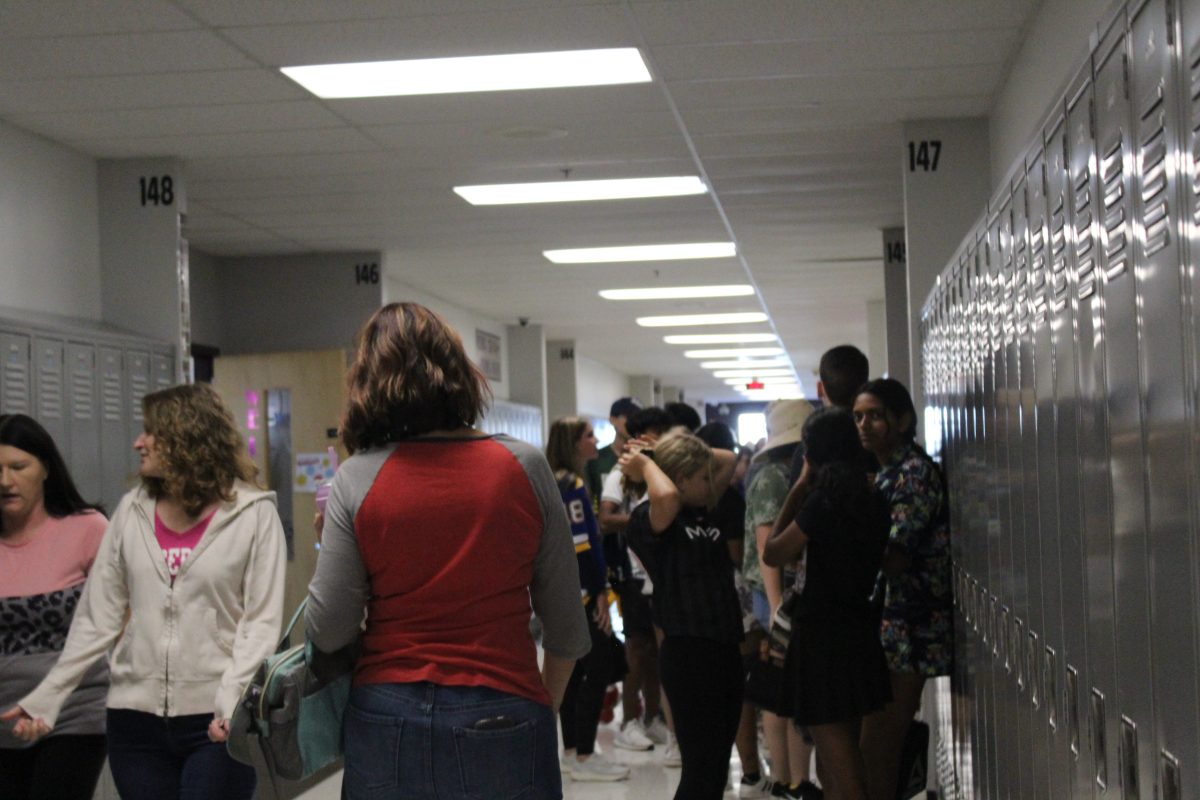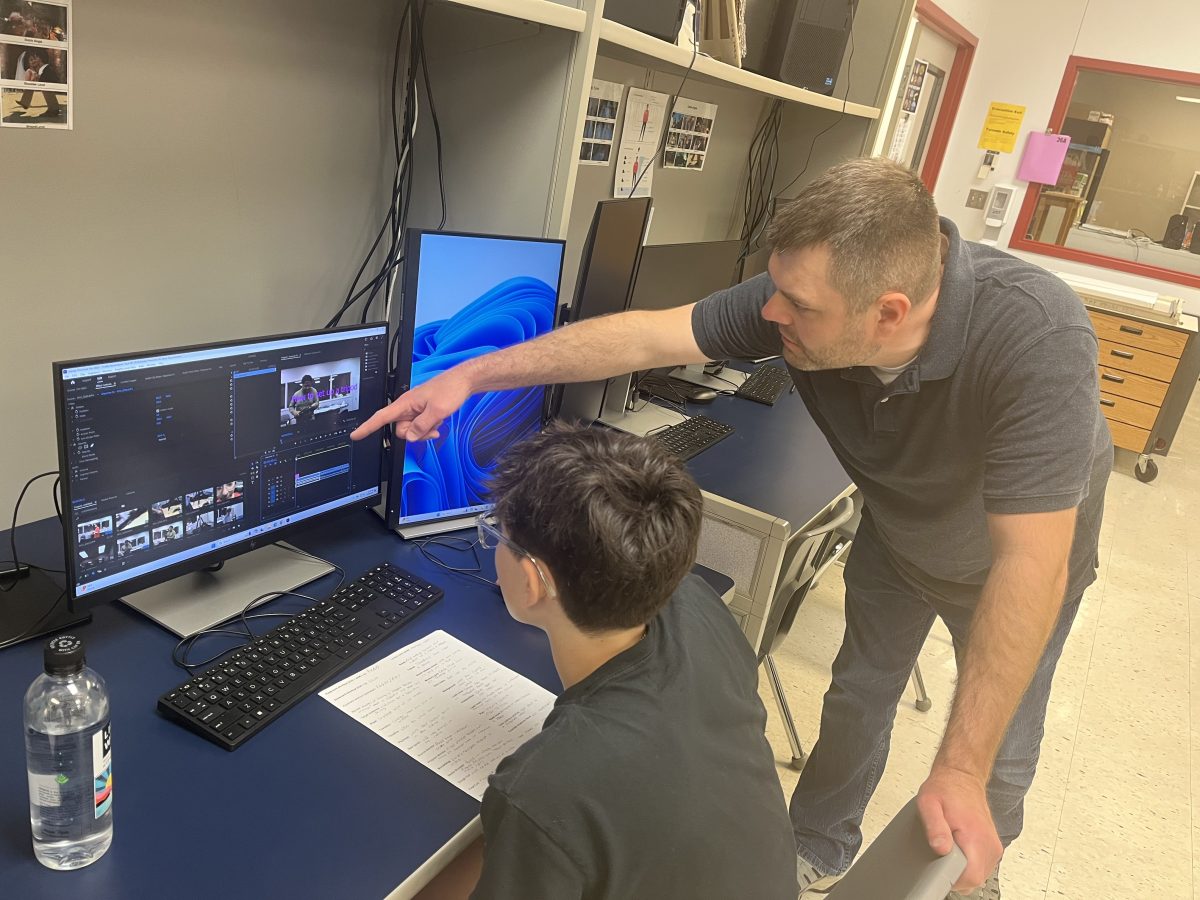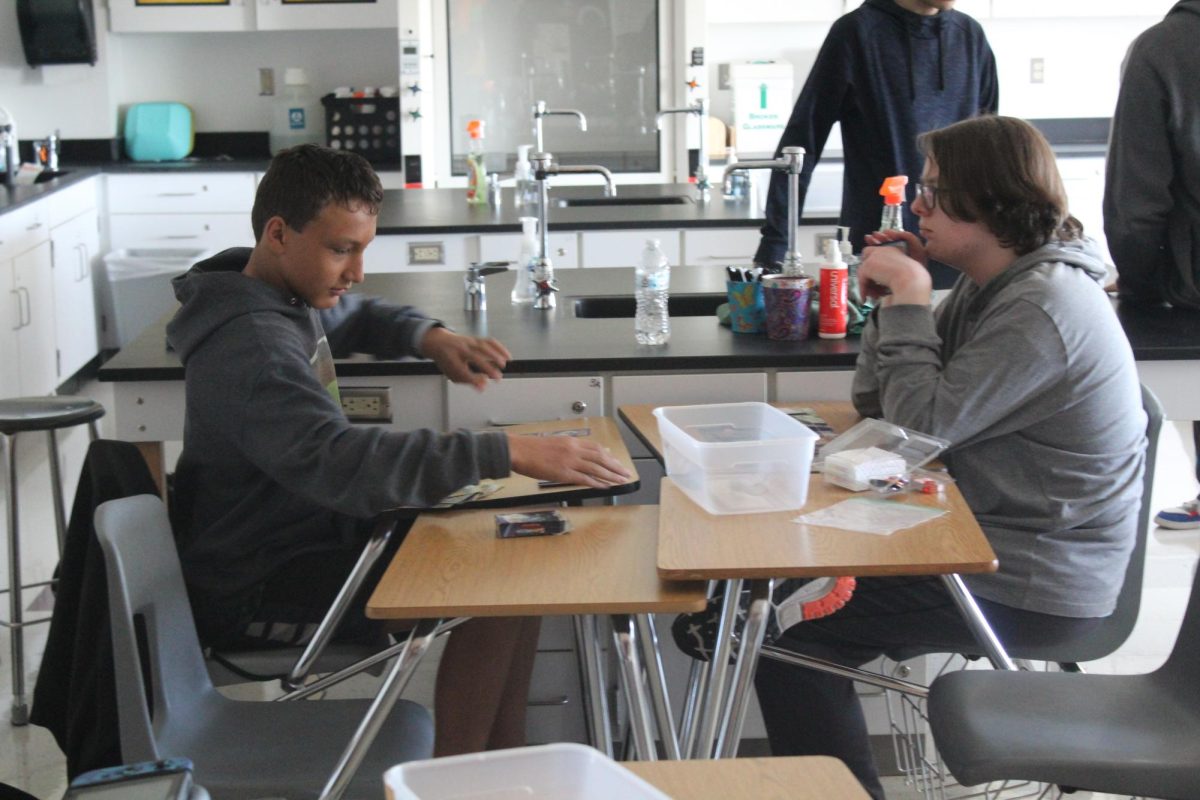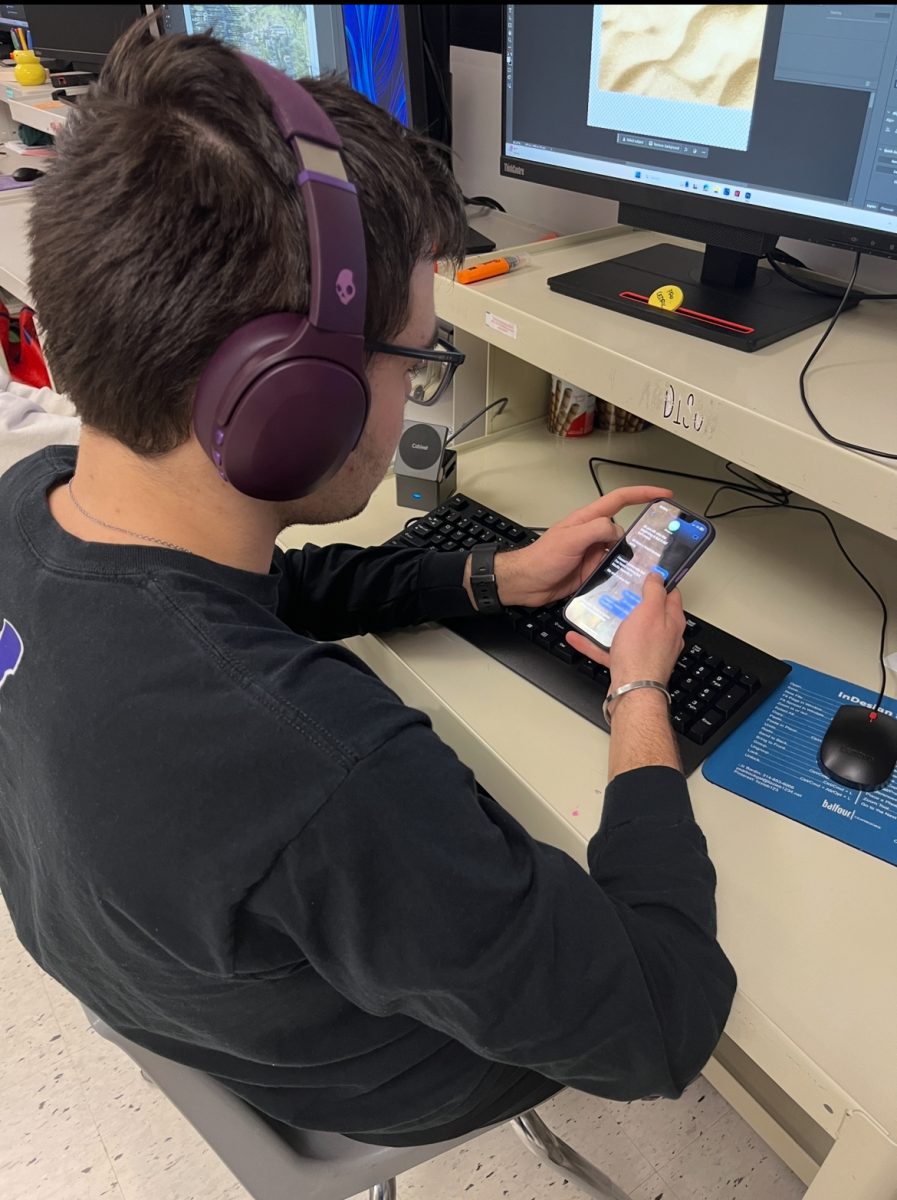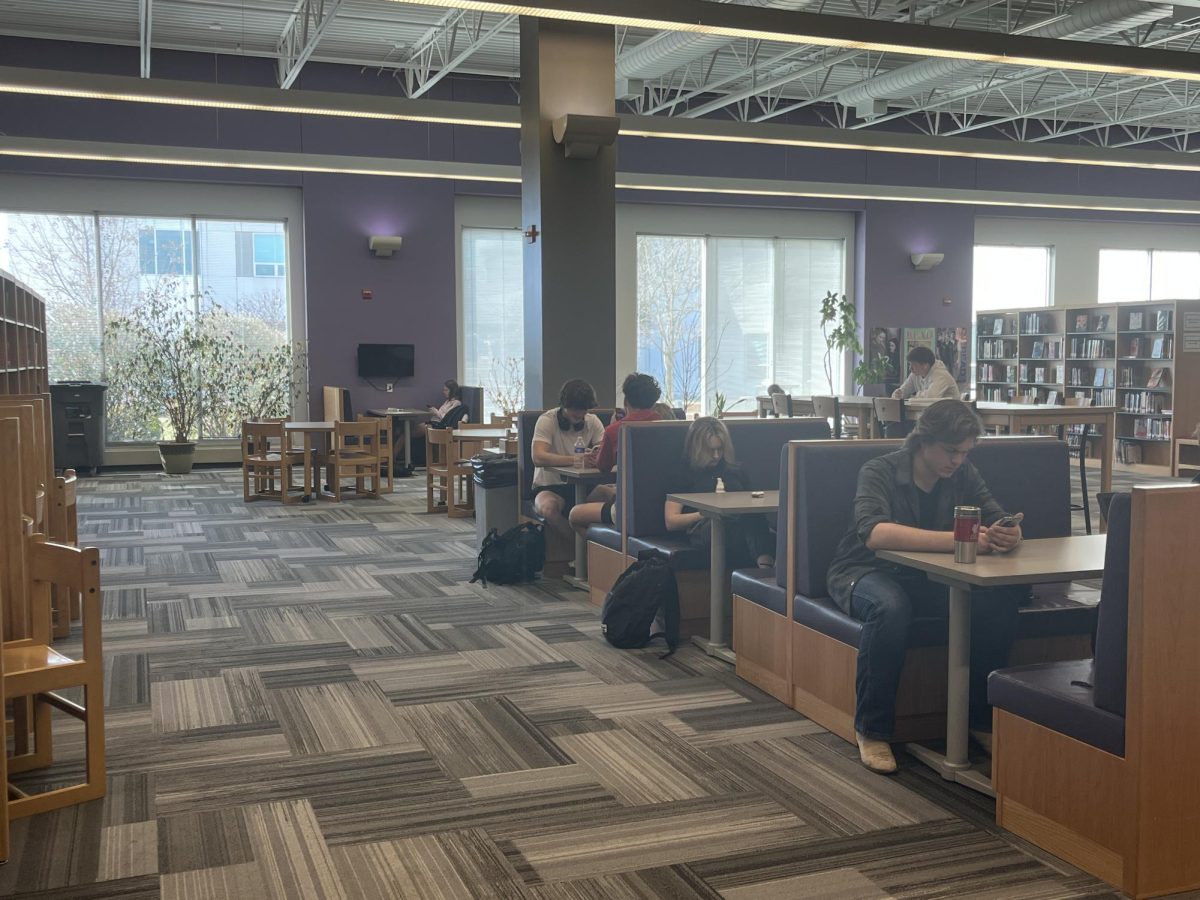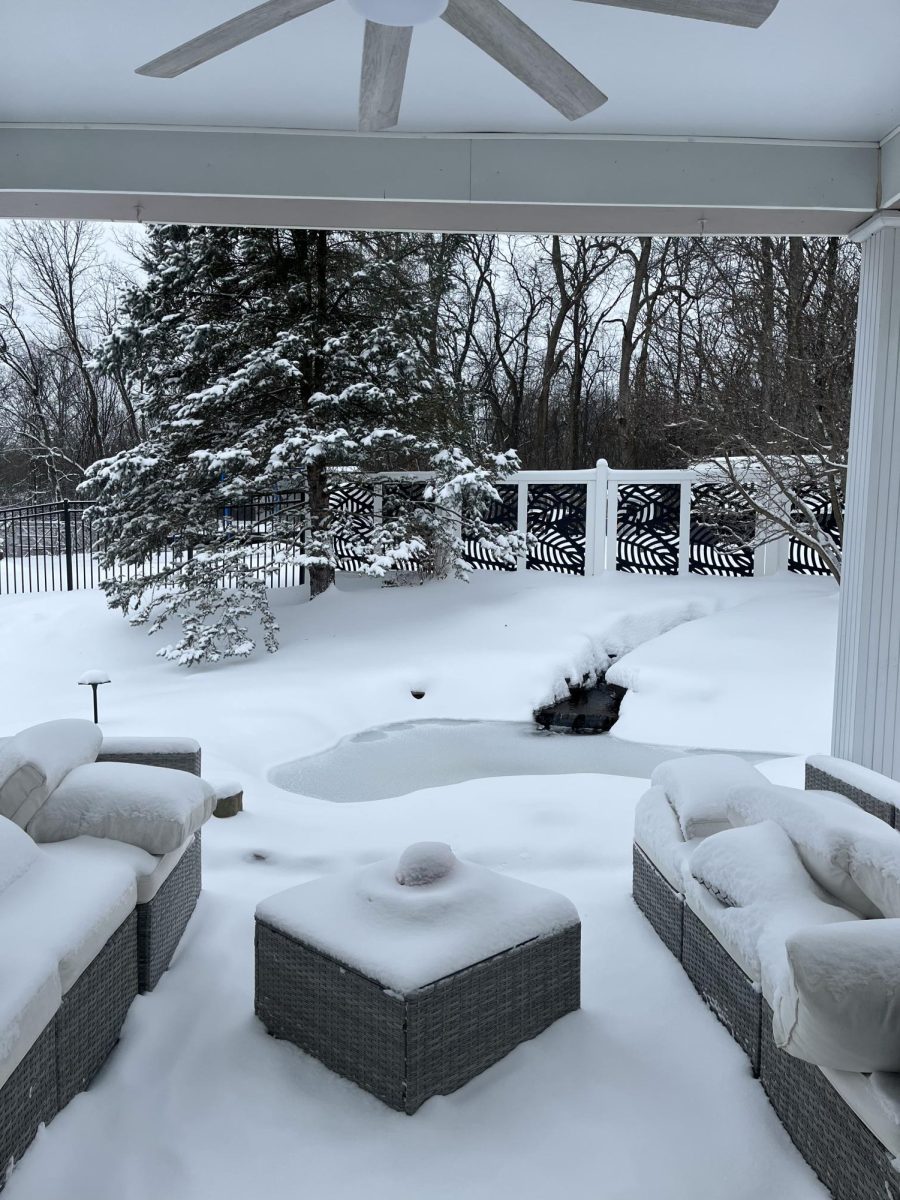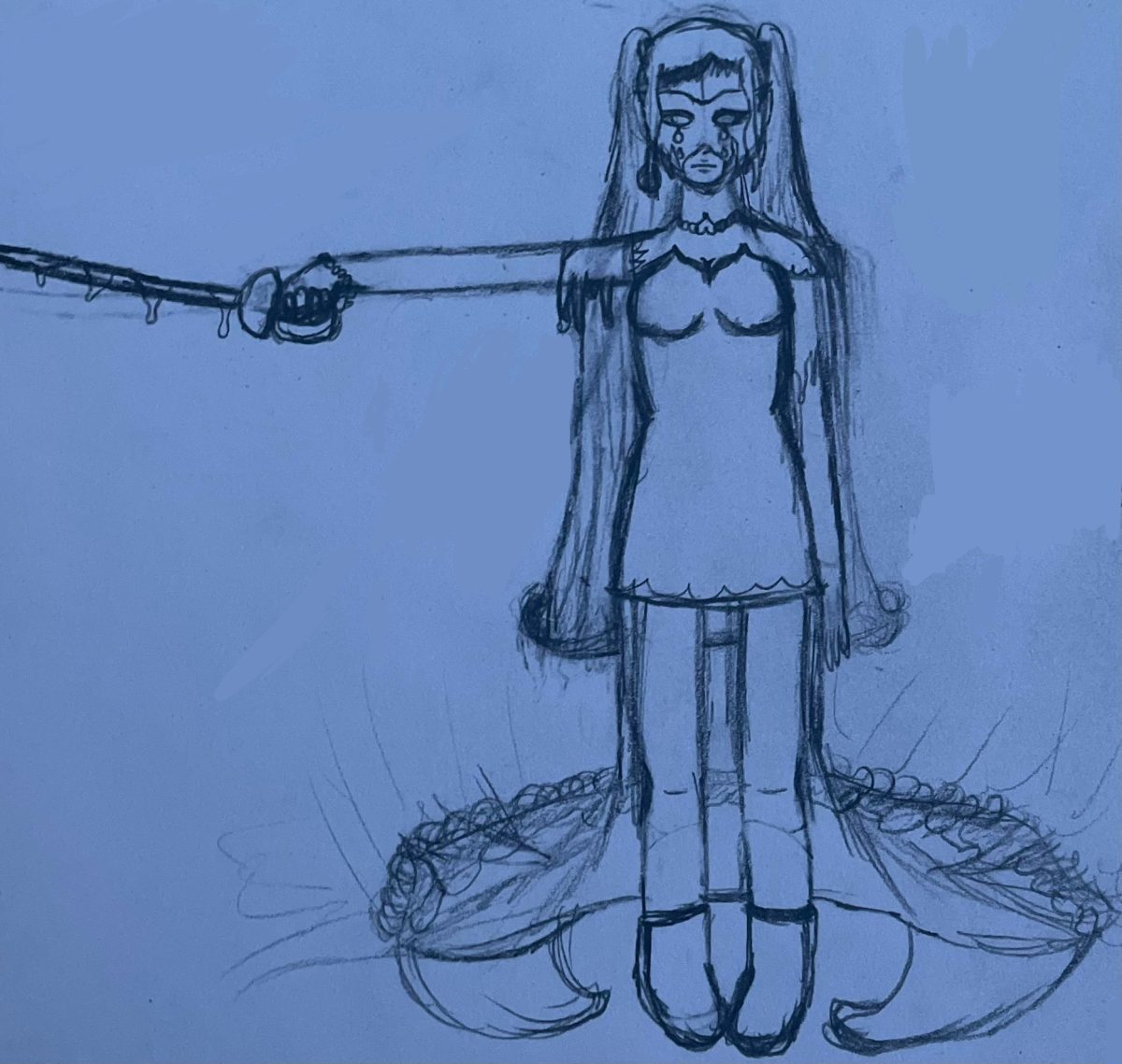As the days grow shorter and the temperatures drop, people may find themselves feeling down or lethargic. This condition, known as Seasonal Affective Disorder, is a type of depression that occurs at the same time each year, usually starting in the fall and continuing through the winter, according nimh.nih.gov.
A major cause of SAD is the lack of sunlight during the winter months. This lack of sunlight is harmful to the body due to how it affects your body's internal clock. Changing in the body’s internal clock can cause a drop in serotonin that your body produces, according to mayoclinic.org.
“Seasonal depression is when someone is depressed only during the time of the year when it's cold outside and less time during the day that the sun is shining,” crisis counselor Shyann Harmon said “This usually happens in winter but can still happen in fall and/or spring.”
One way that students can combat SAD is by doing activities that they enjoy. Doing things that you enjoy can reduce stress by about 75%. Engaging in activities that you enjoy can help to enhance one's well being, according to extension.usu.edu.
“Some things that people can do when faced with seasonal depression are: physical activity, art/crafts, board/card games, puzzles, legos, cooking/baking, reading, spending time with friends/family, etc,” Harmon said.
One activity that can be both harmful and helpful for students facing SAD is watching television. Television can help distract your brain from the effect of SAD but watching too much can become harmful. Too much television can lead to increased effects of SAD because It can distract you from healthy habits, according to instituteofliving.org.
“I think some television is good but not too much because that will just feed the seasonal depression if the person is constantly laying down watching television,” Harmon said.
Having resources available in order to help with SAD can also help to reduce its effects. A primary care doctor can help by connecting students with specialists that can do more to help with SAD. These specialists can include a therapist. Therapy is useful for those struggling with SAD because it can allow for a change in habits that could be contributing to the symptoms.
School counselors are also a valuable resource when facing mental health issues. Counselors are at school for more than just if you want to switch your classes. They can also provide support for students who are struggling.

